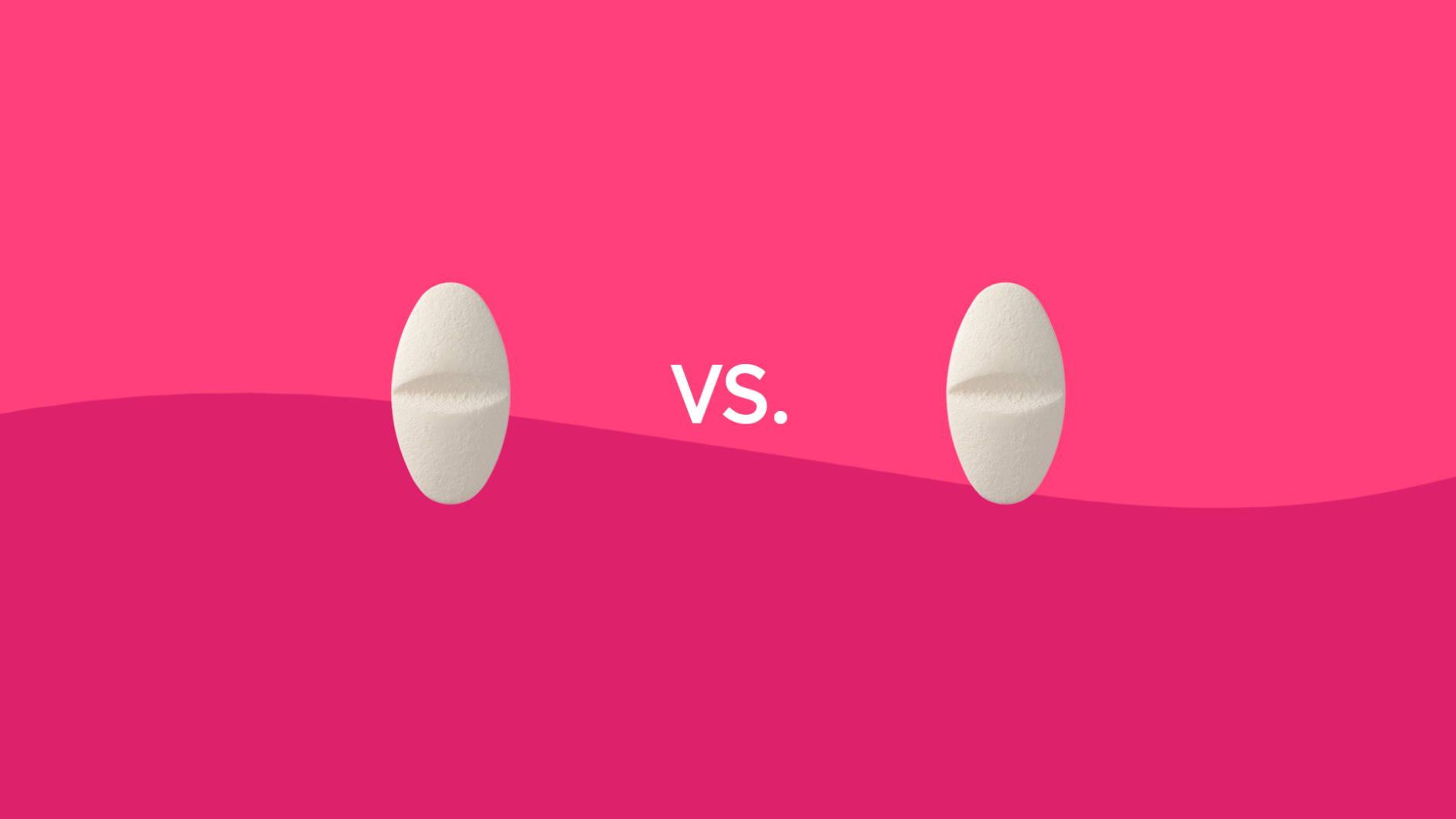Hydroxyzine is a medication commonly used to treat anxiety, allergies, and itching. But what exactly is it, and is it a benzodiazepine? This article will explore the answer to this question in depth, examining the specifics of hydroxyzine and its potential classification as a benzodiazepine. We’ll consider the similarities and differences between these two types of medications, and how they can affect the body. By the end of this article, you’ll have a better understanding of hydroxyzine and its relationship to benzodiazepines.
No, hydroxyzine is not a benzodiazepine. Hydroxyzine is an antihistamine medication used to treat allergies, anxiety, and itching. It works by blocking the action of histamine, a substance in the body that causes allergic symptoms. Benzodiazepines are a class of drugs used to treat anxiety and insomnia. They work by increasing the activity of a neurotransmitter called gamma-aminobutyric acid (GABA), which helps calm the nervous system. While both drugs may be used to treat anxiety, they work in different ways.

What is Hydroxyzine?
Hydroxyzine is an antihistamine drug commonly used to treat itching, anxiety, and tension. It is an H1-receptor antagonist, which means it blocks the action of histamine, a chemical released by the body in response to an allergic reaction. Hydroxyzine can also be used to treat nausea, vomiting, and motion sickness.
Uses of Hydroxyzine
Hydroxyzine is commonly used to treat itching caused by allergies, as well as anxiety and tension. It can also be used to treat nausea, vomiting, and motion sickness. It is sometimes used as a sedative to help people relax before or after surgery.
Mechanism of Action
Hydroxyzine works by blocking the action of histamine, a chemical released by the body in response to an allergic reaction. It also has sedative properties and can help people relax before or after surgery.
Is Hydroxyzine a Benzodiazepines?
No, hydroxyzine is not a benzodiazepine. Benzodiazepines are a class of drugs used to treat anxiety, insomnia, seizures, and other conditions. They work by increasing the activity of a neurotransmitter called gamma-aminobutyric acid (GABA), which helps calm the central nervous system. Hydroxyzine, on the other hand, works by blocking the action of histamine and has sedative properties.
Difference between Benzodiazepines and Hydroxyzine
The main difference between benzodiazepines and hydroxyzine is the mechanism of action. Benzodiazepines work by increasing the activity of GABA, a neurotransmitter that helps calm the central nervous system. Hydroxyzine works by blocking the action of histamine and has sedative properties.
Side Effects of Hydroxyzine
The most common side effects of hydroxyzine include dry mouth, drowsiness, dizziness, headache, and nausea. It can also cause blurred vision, constipation, and difficulty urinating. More serious side effects include difficulty breathing and an irregular heartbeat.
Common Side Effects of Hydroxyzine
Common side effects of hydroxyzine include dry mouth, drowsiness, dizziness, headache, nausea, blurred vision, constipation, and difficulty urinating. These side effects usually go away after a few days of taking the medication.
Serious Side Effects of Hydroxyzine
More serious side effects of hydroxyzine include difficulty breathing, an irregular heartbeat, and allergic reactions. If you experience any of these side effects, you should stop taking the medication and seek medical attention immediately.
Few Frequently Asked Questions
Q1. What is Hydroxyzine?
A1. Hydroxyzine is an antihistamine drug that is used to treat allergies and anxiety. It is used to reduce itching, sneezing, runny nose, and other symptoms of allergies and hay fever. It is also used to treat anxiety and tension caused by certain medical conditions. Hydroxyzine is available in several forms, such as capsules, tablets, and liquid.
Q2. Is Hydroxyzine a Benzodiazepines?
A2. No, Hydroxyzine is not a Benzodiazepines. Benzodiazepines are a class of medications that act as central nervous system depressants. They work by slowing down the activity of the brain and nerves, which can help with anxiety, panic attacks, and insomnia. Hydroxyzine is an antihistamine and does not have the same effects as benzodiazepines.
Q3. How is Hydroxyzine used?
A3. Hydroxyzine is used to treat allergies and anxiety. For allergies, it is used to reduce itching, sneezing, runny nose, and other symptoms of allergies and hay fever. For anxiety and tension, it is used to help reduce the feeling of tension and anxiety caused by certain medical conditions. Hydroxyzine can be taken with or without food and is available in several forms, such as capsules, tablets, and liquid.
Q4. What are the side effects of Hydroxyzine?
A4. The most common side effects of Hydroxyzine include drowsiness, dry mouth, nausea, vomiting, headache, constipation, dizziness, and blurred vision. Other serious side effects can include confusion, depression, and irregular heartbeat. If you experience any of these side effects, contact your doctor right away.
Q5. Is Hydroxyzine safe for children?
A5. Hydroxyzine is generally safe for children, but it should be used with caution. The dosage and frequency of use may need to be adjusted for children based on their age and weight. It is important to talk to your doctor before giving Hydroxyzine to a child.
Q6. Are there any interactions with Hydroxyzine?
A6. Yes, Hydroxyzine can interact with other medications, including antidepressants, narcotics, sedatives, and other antihistamines. It is important to tell your doctor about all medications you are taking before starting Hydroxyzine. Some medications may need to be adjusted or discontinued while taking Hydroxyzine.
TOP MEDICATIONS FOR TREATING ANXIETY
The answer to the question of whether or not Hydroxyzine is a benzodiazepine is a resounding no. Hydroxyzine is not a benzodiazepine and should not be used to treat anxiety or insomnia. Instead, Hydroxyzine is an antihistamine that is used to treat allergies and other conditions such as nausea and itching. While Hydroxyzine may have some calming effects, it is not a benzodiazepine and should not be used as a substitute for them.

